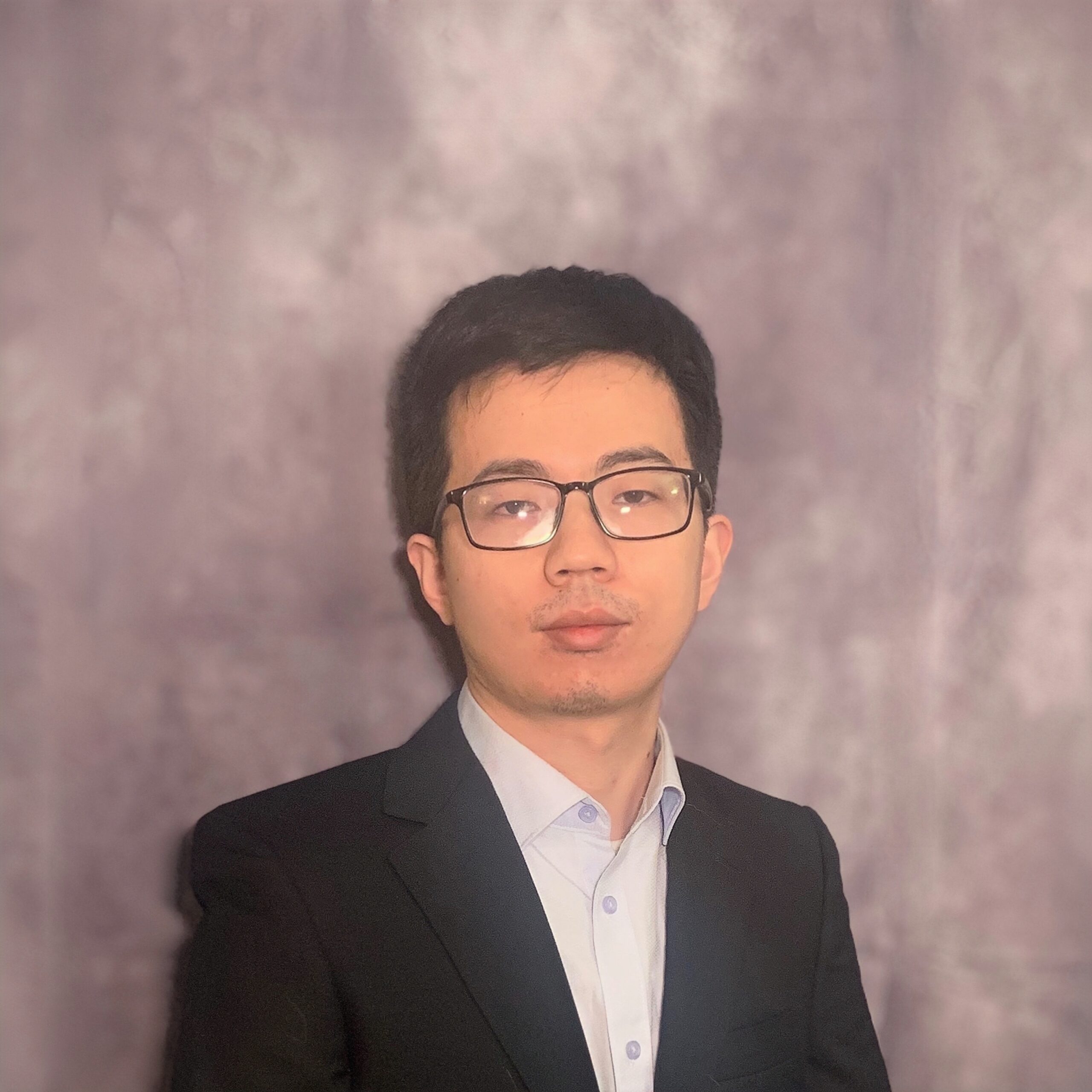Faculty Candidate Seminar
Integrated Bioelectronic Systems for Neuroscience and Healthcare: Materials, Electronics, and Computing
Add to Google Calendar

Zoom Link for remote participants, password ECECAN
Abstract: Probing and modulating the nervous system in its native state represents a key capability in our quest for a better understanding of life and a higher quality of life. In this talk, I will present implantable and wearable forms of bioelectronic devices for interfacing with the nervous system in unperturbed, naturally behaving animals and humans through a systems approach combining materials, electronics, and computing. I will first present a wireless, battery-free, fully implantable system with multimodalities and closed-loop functionalities for neuroscience research, as demonstrated in studies for auditory-evoked potentials, sleep-wake regulations, and seizure treatment. Then I will present an implantable mechano-acoustic sensing device for integrated cardio-behavioral monitoring as a new modality for elucidating brain-body interactions. Finally, I will present the translation of these technologies in a wearable form for human healthcare through case studies in COVID-19, cerebral palsy, and vocal fatigue. This translational effort has led to clinical deployment to more than 500 patients.
Biography: Wei Ouyang is currently a postdoctoral fellow supervised by Prof. John A. Rogers at the Querrey Simpson Institute for Bioelectronics, Northwestern University. He received his S.M. degree in Electrical Engineering and Computer Science and Ph.D. degree in Electrical Engineering from the Massachusetts Institute of Technology under the supervision of Prof. Jongyoon Han. He received his B.S. degree in Microelectronics from Peking University, China. His research interests include wearables, implantables, digital health, neural engineering, bioMEMS, and microfluidics. He is a recipient of several prestigious awards, including the Dimitris N. Chorafas Foundation Award, Siebel Scholar (Class of 2016), the Peake Research Prize at MIT, and the Ernst A. Guillemin Thesis Award at MIT.
 MENU
MENU 
